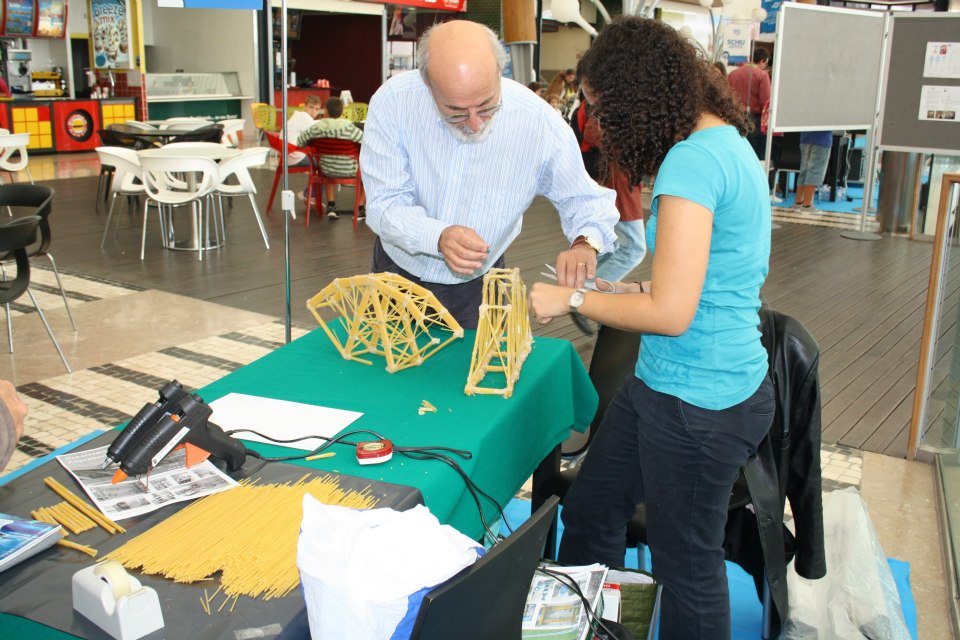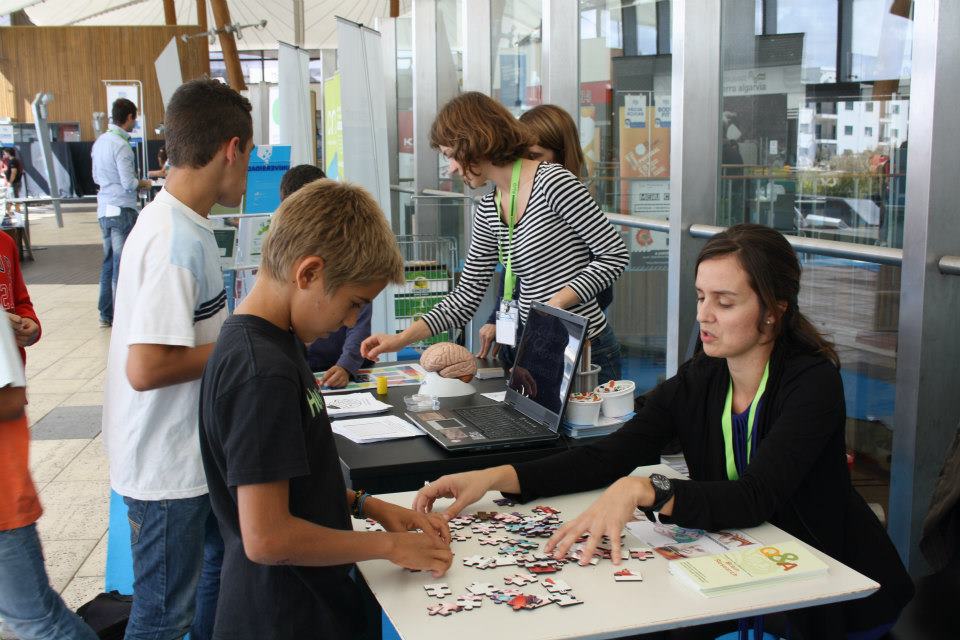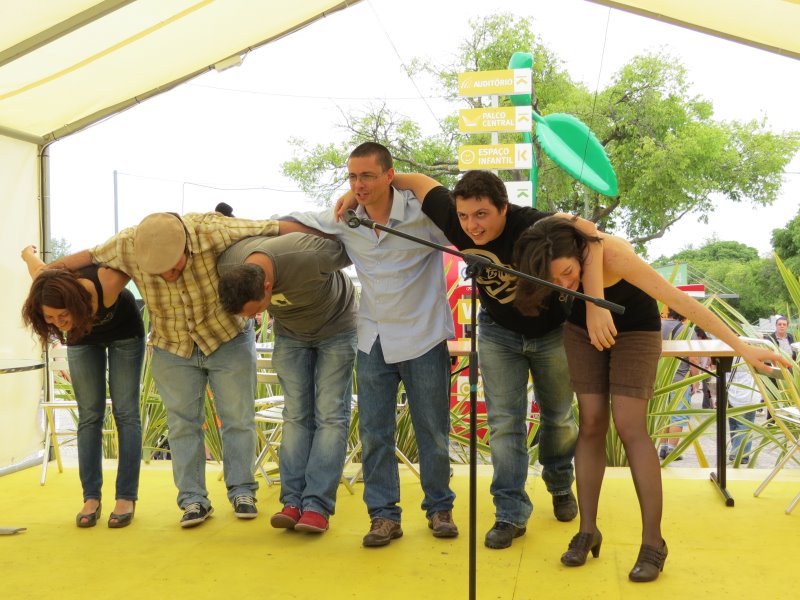 Scientists will once again share their knowledge and creativity with the wider community this Friday, in Faro, Lagos, Olhão and Tavira, in another edition of the «European Researchers' Night».
Scientists will once again share their knowledge and creativity with the wider community this Friday, in Faro, Lagos, Olhão and Tavira, in another edition of the «European Researchers' Night».
An initiative that aims, above all, to show that science, in addition to being useful and relevant in our daily lives, can also be very interesting and fun.
In the Algarve, the place chosen to concentrate many of the activities that will be proposed is once again the Ria Shopping mall, in Olhão. The program, which starts at 10 am and runs until 23 pm, is suggested by CRIA – Division of Entrepreneurship and Technology Transfer of the University of Algarve, in partnership with the Algarve Live Science Centres.
The central theme of 2013 edition of NEI, in Portugal, it will be «Future 2020», but there will be different initiatives, which touch on different themes, despite being related to the motto of the event.
The latest news (or future news) in terms of climate change, food, renewable energy, architecture, urbanism and agriculture are some examples of what can be seen, heard and experienced throughout today.
 At Ria Shopping, visitors will be able to enjoy a day full of interactive activities, where everyone can be a scientist for a day, carry out various experiments and also anticipate the goals of action in various areas of science for seven years from now. Parallel to these experiences, the Ciência Viva Centers in the region will carry out activities such as meetings with scientists and solar and astronomical observation.
At Ria Shopping, visitors will be able to enjoy a day full of interactive activities, where everyone can be a scientist for a day, carry out various experiments and also anticipate the goals of action in various areas of science for seven years from now. Parallel to these experiences, the Ciência Viva Centers in the region will carry out activities such as meetings with scientists and solar and astronomical observation.
In Olhão, the “speed-dating” meetings between researchers and the public are repeated once again, who will also be able to participate in interactive activities, in addition to attending lectures and workshops on the most varied topics of science. The “hands-on” proposals, in the exhibitors' space, are another attraction of NEI. Until the end of today, there will still be time for theater, music and a giant get-together with conversation and debates.
The organization expects a turnout at the level of last year, when the event was considered a success, in terms of audiences. In Olhão, in addition to the large school audience, coming from many schools in the region, it was noted the presence of many curious people, who visited the initiative alone, as a family or in groups.
NEI will be in 27 Portuguese cities, including four in the Algarve. At European level, more than 300 cities from 30 countries have joined the initiative.
Algarve Living Science Centers with special NEI programming
 In addition to the “base” in Olhão, the Investigators' Night is also celebrated in Faro, Lagos and Tavira, at the Living Science Centers there. At the Algarve Living Science Centre, in Faro, several experimental activities related to the theme of sustainable agriculture and alternative energies are suggested, with a view to the «Future 2020». The impact of light pollution will also be discussed in the context of astronomical observations. The public who come to the Center will also be able to exchange ideas with researchers and better understand what they do.
In addition to the “base” in Olhão, the Investigators' Night is also celebrated in Faro, Lagos and Tavira, at the Living Science Centers there. At the Algarve Living Science Centre, in Faro, several experimental activities related to the theme of sustainable agriculture and alternative energies are suggested, with a view to the «Future 2020». The impact of light pollution will also be discussed in the context of astronomical observations. The public who come to the Center will also be able to exchange ideas with researchers and better understand what they do.
In Lagos, there are «scientific laughs and stars, in the Center». From 21 pm, the five elements of the group «Scientists standing will star in the stand-up comedy show «All Science (Less the Flat Parts)». From 30:22 pm there will be an Astronomical Observation, which will allow children and adults to get to know better some of the celestial objects that surround our planet.
In the early evening, more precisely at 20 pm, UAlg professor Celestino Ruivo will demonstrate how to build a solar oven, in a workshop open to the public. All activities are free entry.
At the Centro Ciência Viva de Tavira, it will be demonstrated how alternative energies can revolutionize transport and gadgets, for a sustainable and greener 2020 Future. It will also focus on the potential of microalgae, based on aquaculture feeding, capturing CO2 from the atmosphere and producing energy (biofuels).


















Comments